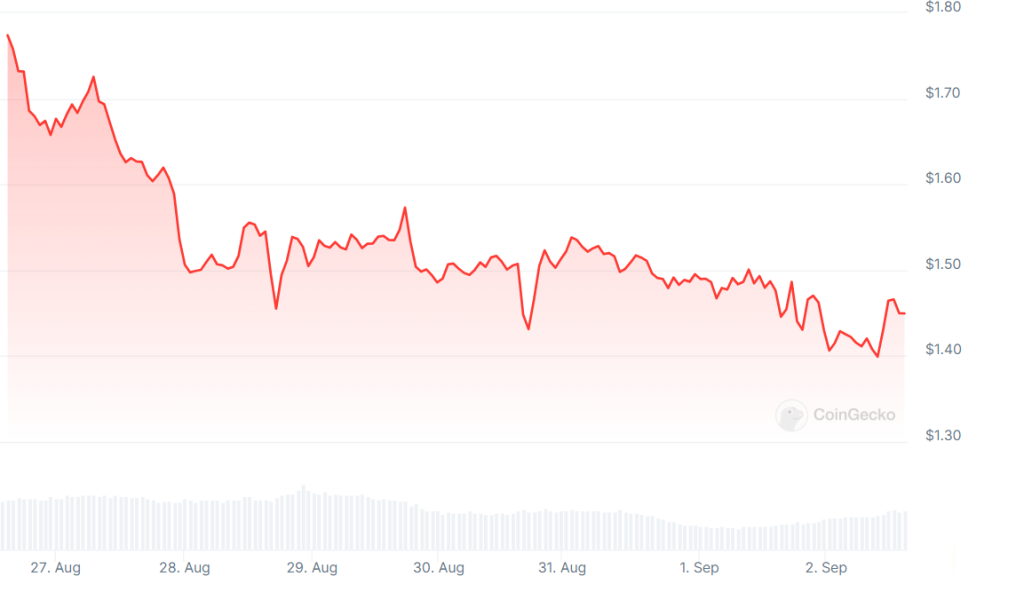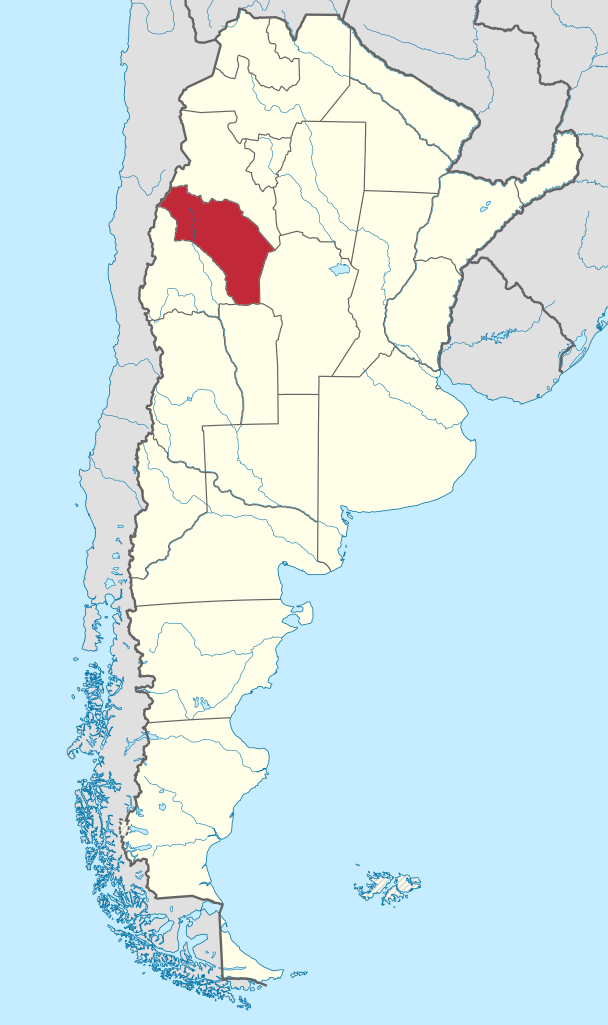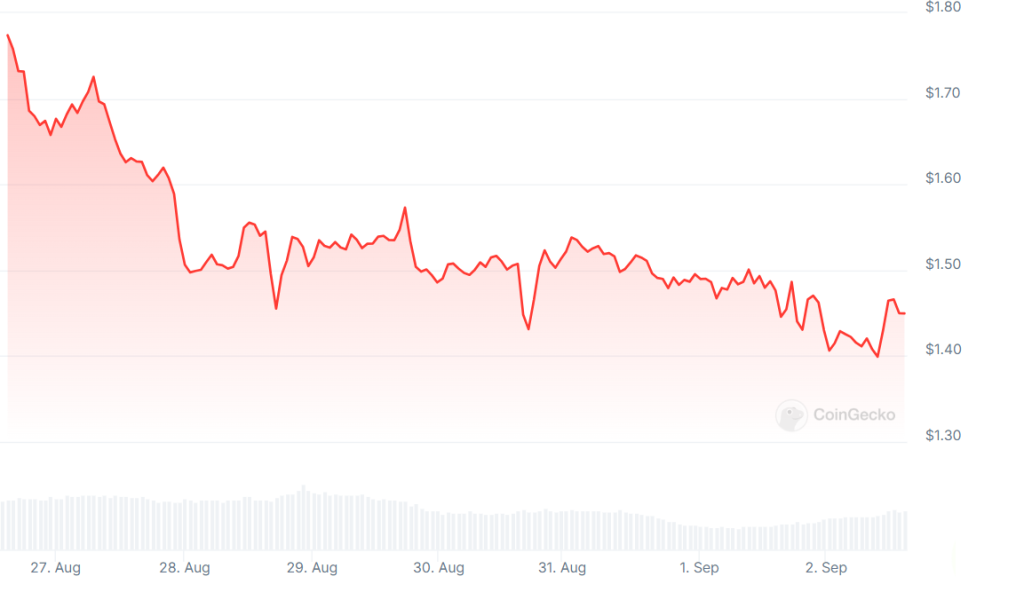Last updated:
 Why Trust Cryptonews
Why Trust Cryptonews

A second Argentinian province has launched a probe into the operations of the Worldcoin (WLD) crypto project, as the token’s popularity continues to grow in Latin America.
Tiempo Argentina reported that authorities in the province of La Rioja are “moving against” the operator amid fears it is “taking advantage” of “growing poverty.”
The province’s Cybercrime-fighting Executive Unit announced it has closed down one of the company’s “locations” in the province.
The unit is also reportedly seeking to prohibit Worldcoin from operating in the province, following similar moves in Buenos Aires.

Worldcoin Operations Under the Spotlight in Argentina?
The unit is also reportedly “seeking to prohibit” Worldcoin activities. It has also accused the company of “collecting extremely sensitive information such as iris patterns, which are unique to every person.”
The unit said the firm’s activities “represent a significant risk” to the “security and privacy of individuals” in La Rioja.
The probe comes in the wake of phenomenal WLD adoption rates in Argentina. In July, the project’s executives talked about turning Argentina into a regional operations hub.
The firm has spoken of its intention to open 50 Worldcoin centers in “more than 10 cities throughout the country” in the months ahead.
The company also wants to hire some 50 new employees in Argentina. Its top officials have met senior central government officials including President Javier Milei in a bid to allay fears about privacy concerns.
However, Argentina’s provinces appear concerned. The regional government of the Province of Buenos Aires has launched several investigations into Worldcoin operations.
Lawmakers Call for Action
Buenos Aires lawmakers have called for WLD-policing legislation, and agencies say it includes “abusive [exploitative] clauses” in its contracts with clients.
And Buenos Aires authorities say Worldcoin operators risk being hit with a fine worth up to $1.15 million.
The same media outlet claimed that “at least three more” Argentine provinces are “planning” to launch probes.

Silvina Santángelo, the unit’s head, noted that the La Rioja provincial constitution “incorporates fourth-generation rights,” which “include the protection of citizens’ personal data.”
“The Worldcoin Orb, the device that performs scans […], represents a great risk when it comes to delivering […] information because the Orb is much more effective than the fingerprint when it comes to verifying a person’s identity.”
Silvina Santángelo, Head of La Rioja’s Cybercrime-fighting Executive Unit
Unit Says It Is Worried About Minors
Santángelo also claimed that “unfortunately, some people who went to have their irises scanned came with their children.” She said:
“This is very serious because we are talking about minors. Worldcoin usually goes to places where there is greater need and where people have less information about what they are asking for. And they take advantage of the economic need of [poorer people].”
Authorities in Chile voiced similar concerns earlier this year, leading to the Worldcoin operator later pledging to verify the ages of the people who scan their irises at its centers.
Media outlets have this year reported that “thousands” of Argentinian citizens have visited Worldcoin centers this year.
An unofficial Worldcoin reselling industry has also emerged in Argentina. This has seen many WLD recipients swap their coins for fiat handouts, often at “50% of their market value.”




